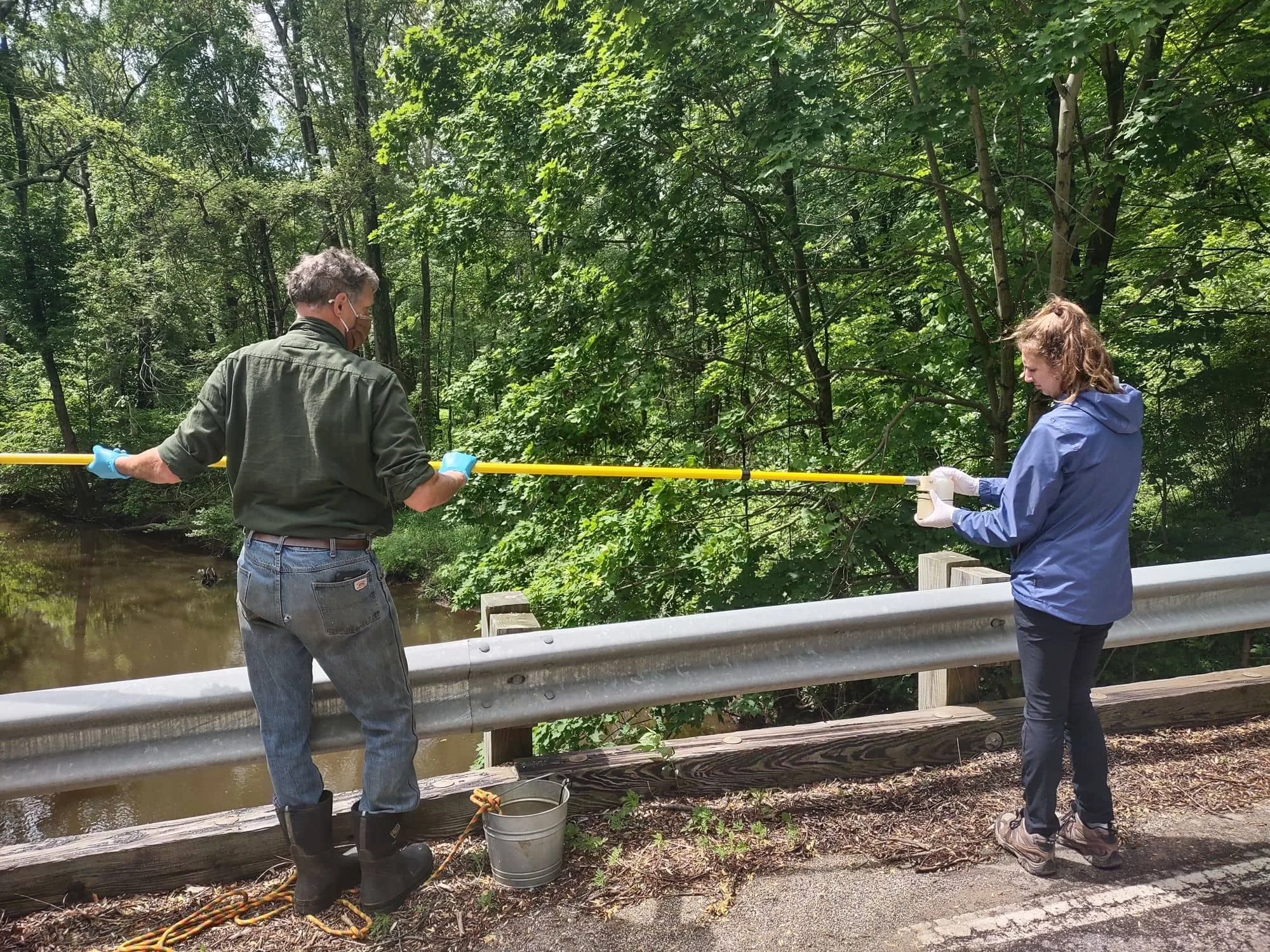
Rural homeowners in Van Buren County are being asked to make sure they properly maintain their septic systems after the Two Rivers Coalition says it found high levels of E coli in the Paw Paw River and Black River watersheds.
The group’s Kevin Haight tells us they tested the Paw Paw River watershed in 2021 and the Black River watershed in 2022. Since then, they’ve paid for DNA testing on the samples to determine the source of the E coli.
“At every site where we had high levels of E coli, we sent a duplicate sample to the DNA lab, and at every one of those high E coli sites, we had high levels of human fecal matter,” Haight said.
Since it’s human fecal matter, Haight says the source of the E coli is likely residential septic systems. That’s as more people are living out in the country, away from city sewer systems.
“They might have properly engineers the septic system, but if they don’t pump it out on a regular three or four year basis, then eventually the drain field gets clogged up and it’s no longer working. And then it’s leaking fecal matter into whatever ditch or stream is nearby.”
Haight says the E coli testing always finds higher levels in the watersheds following rain. This suggests leaky septic systems that lead to runoff.
The Two Rivers Coalition is sharing its data with the state as lawmakers consider enacting a statewide septic code. Haight says Michigan is the only state without one.
You can find out more about the coalition’s testing program right here.








